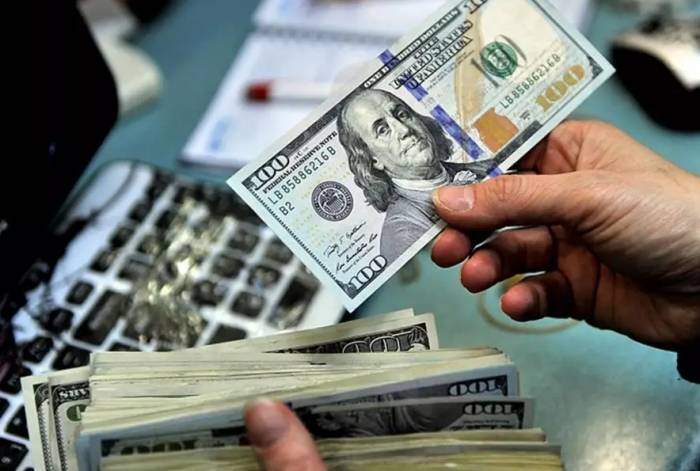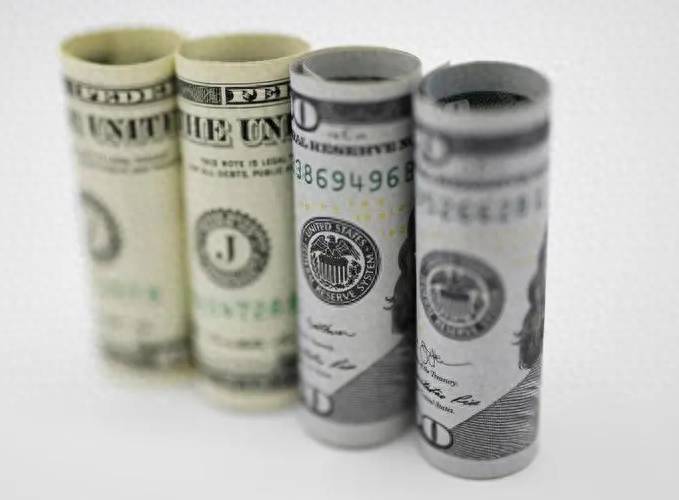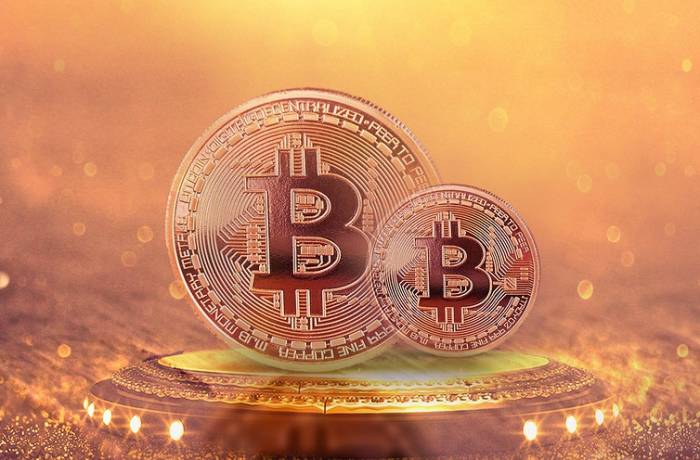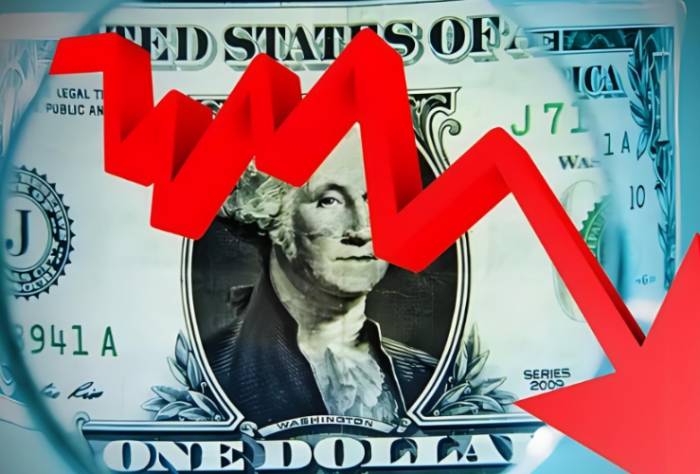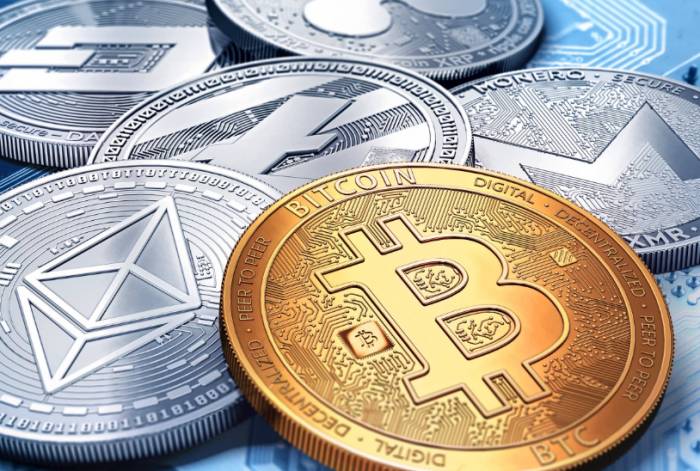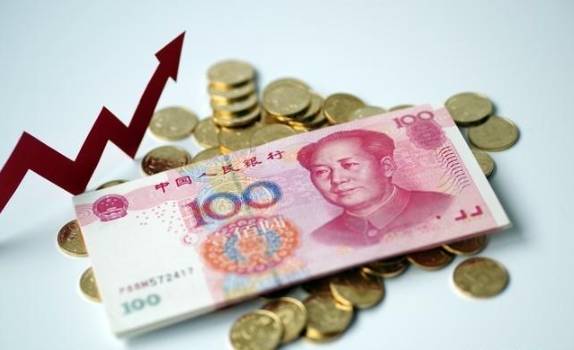The global financial market is in turmoil.
On this side, the Bank of England has waved the "interest rate cut" baton, lowering the benchmark interest rate by 25 basis points.
On the other side, the Bank of Canada is not to be outdone, following suit by announcing a rate cut of 25 basis points.
Looking around the world, the European Central Bank, the Central Bank of Indonesia, and others have joined the ranks of interest rate cuts, setting off a global "interest rate cut wave."
In this wave, the Federal Reserve's every move is undoubtedly the most eye-catching.
On September 18th, the Federal Reserve "unleashed a big move"!
For the first time in four years, it cut interest rates, and the magnitude was so great that it surprised many people - it directly cut interest rates by 50 basis points, lowering the target range of the federal funds rate to 4.75% to 5.00%.
The news shook the global market.
50 basis points is not a small number.
You must know that in the past interest rate cut operations of the Federal Reserve, unless it encountered a "storm" like the 2008 financial crisis, it rarely chooses such a large-scale rate cut.
So, what exactly prompted the Federal Reserve to use such a "heavy bomb"?
Let's turn our attention to the domestic situation in the United States.
This year, the U.S. economic growth has obviously slowed down, and the inflation rate has continued to fall.
In August, the U.S. Consumer Price Index (CPI) rose by 2.5% year-on-year, hitting a new low in more than two years.
This indicates that the "high fever" of inflation that has been troubling the U.S. economy has been effectively controlled.
Just like when people get sick, a fever reduction does not mean that the body has fully recovered.
Although the U.S. economy has gotten rid of the trouble of high inflation, it still faces many challenges, such as the continued downturn in manufacturing, the decline in consumer confidence index, and the weakening of corporate investment willingness, etc.
What worries the Federal Reserve even more is that global economic growth is also slowing down.
The International Monetary Fund (IMF) recently lowered the global economic growth forecast for 2023 to 3%, the lowest level in nearly a decade.
The giant ship of the global economy is experiencing "sailing against the wind."
Faced with the complex situation of internal and external troubles, the Federal Reserve has to act cautiously.
From March to July this year, the Federal Reserve raised interest rates 11 times in a row, with a cumulative increase of 225 basis points, trying to suppress inflation by raising interest rates.
As inflation falls and economic growth slows down, the Federal Reserve's monetary policy has also begun to shift.
This 50 basis point rate cut is a clear signal released by the Federal Reserve: they are ready to take action to support economic growth.
In the words of Federal Reserve Chairman Powell, "When the economy faces challenges, the Federal Reserve will take all appropriate measures to maintain economic expansion."
So, what impact will the Federal Reserve's "strong heart injection" have on the global economy?
For the United States itself, interest rate cuts can reduce corporate financing costs, stimulate investment and consumption, and thus promote economic growth.
Interest rate cuts can also help alleviate the pressure of the appreciation of the U.S. dollar and improve the operating environment of export companies.
For the global market, the Federal Reserve's interest rate cuts will lead to a decline in global interest rate levels, providing a more relaxed financing environment for emerging market countries.
Interest rate cuts also help stabilize global financial market expectations and boost investor confidence.
The Federal Reserve's interest rate cuts are not a "panacea."
Interest rate cuts may trigger risks such as inflation and asset bubbles.
Factors such as the slowdown in global economic growth and geopolitical risks will also affect the effectiveness of the Federal Reserve's monetary policy.
The Federal Reserve's 50 basis point rate cut this time is an important choice made in the current complex economic situation.
This move is not only to escort the U.S. economy but also to inject confidence into the global economy.
As for the effect of the rate cut, it still needs time to be tested.
For China, the Federal Reserve's interest rate cuts have also brought some impacts.
In terms of the exchange rate, the recent appreciation of the renminbi against the U.S. dollar is related to the strengthening expectation of the Federal Reserve's interest rate cuts and the narrowing of the interest rate spread between China and the United States.
How will the People's Bank of China respond to the Federal Reserve's interest rate cut measures?
At present, the People's Bank of China still adheres to the monetary policy tone of "being the main body," and will flexibly adjust monetary policy according to changes in the domestic economic situation.
In the future, the global economy is full of uncertainty, and the direction of the Federal Reserve's monetary policy is also full of variables.
Let's wait and see how the Federal Reserve will "steer" and lead the giant ship of the global economy towards a more stable voyage.












